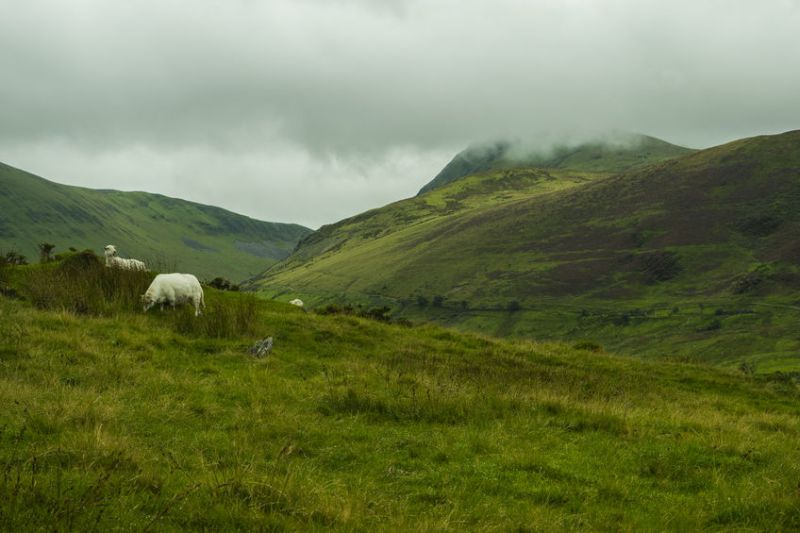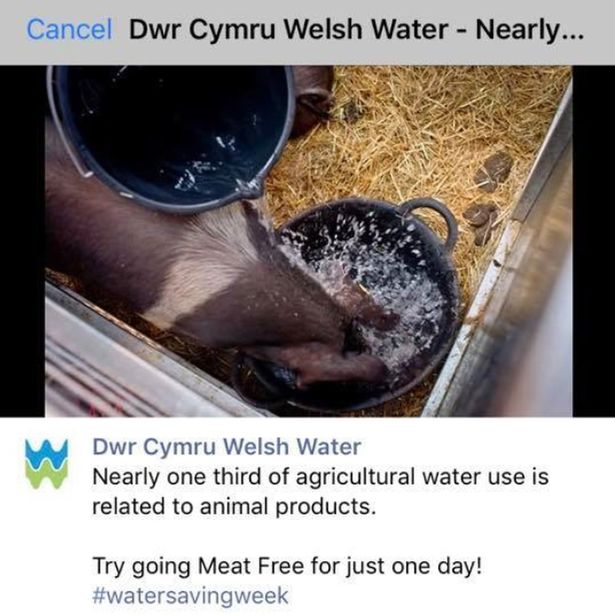
Claims made as part of Water Saving Week telling consumers they could save water by eating less red meat is 'misleading nonsense', the sector warns.
Welsh Water (Dwr Cymru) posted a message on Facebook urging the public to try going meat free for one day as part of efforts to save water.
The message, accompanied with a photo of a pig being washed with a bucket of water, said: “Nearly one third of agricultural water use is related to animal products.
“Try going meat free for just one day.”
Social media users reacted angrily to the post, calling Welsh Water 'disgraceful' and 'ridiculous' for implying Welsh agriculture uses up too much water.

The company has since deleted the message.
Meanwhile, economic water regulator Ofwat has been heavily criticised on social media for 'misrepresenting' UK beef production after a tweet encouraging people to go meat-free backfired.
Hybu Cig Cymru – Meat Promotion Wales (HCC) said such messages are ‘misleading nonsense’.
'Taken out of context'
As part of Water Saving Week, the UK NGO Waterwise cited global estimates of the amount of water required to produce beef, suggesting that eating less red meat could be a way of cutting down on water usage.
However, several studies have suggested that such figures are almost meaningless in water-rich environments such as Wales.
HCC’s Chief Executive Gwyn Howells said: “If consumers choose to eat meat reared mainly on natural grass and produced to high standards of environmental sustainability, such as Welsh Beef and Welsh Lamb, they need have no concerns over the amount of water required to produce it.
“Figures which estimate that it takes between 14,000 and 17,000 litres of water to produce a kilo of beef are misleading nonsense if taken out of context,” he added.
“This demand could undoubtedly place a burden on resources in drier parts of the world, but in Wales the vast majority of the water which is consumed by livestock and which produces their feed falls from the sky as rain.
“In water-rich countries, as little as 0.4% of the total water needs of livestock production is ‘blue water’ from public supplies,” Mr Howell said.
